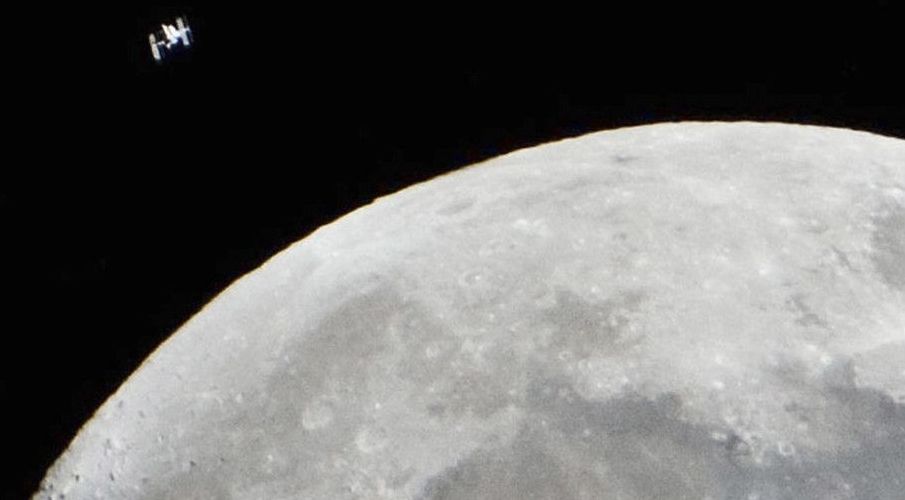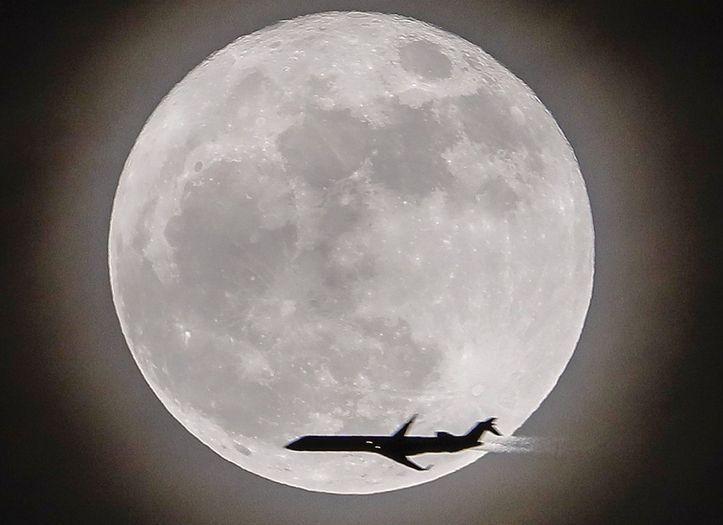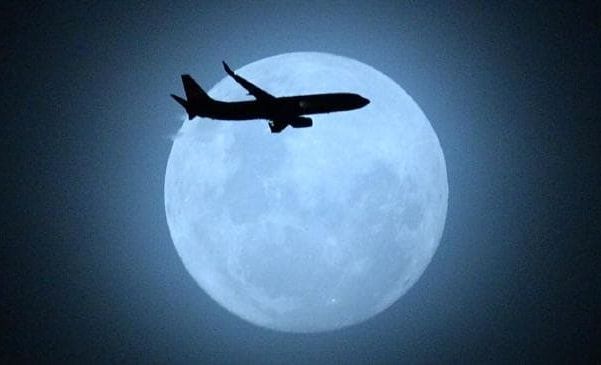The known Universe just got a lot bigger.
A new map of the night sky published Tuesday charts hundreds of thousands of previously unknown galaxies discovered using a telescope that can detect light sources optical instruments cannot see. Current latest trending Philippine headlines on science, technology breakthroughs, hardware devices, geeks, gaming, web/desktop applications, mobile apps, social media buzz and gadget reviews.








